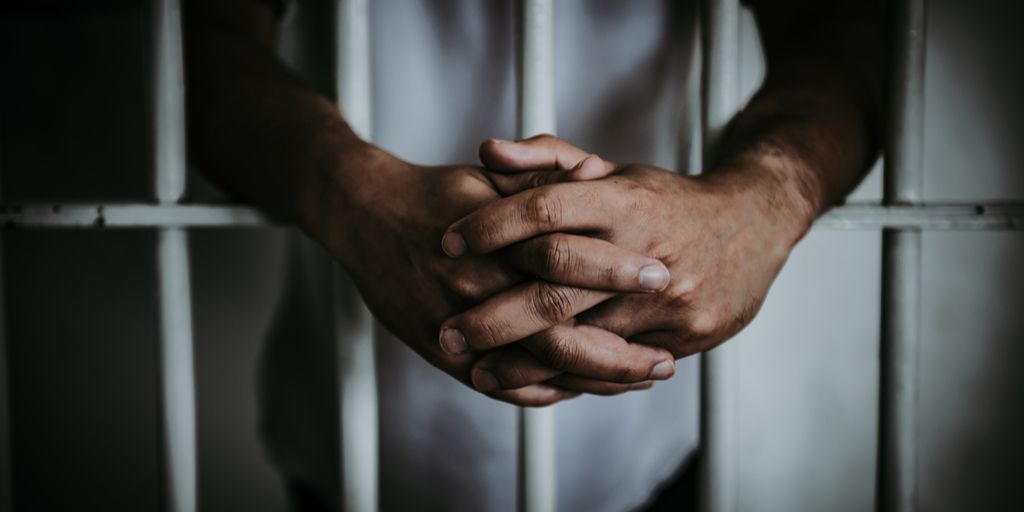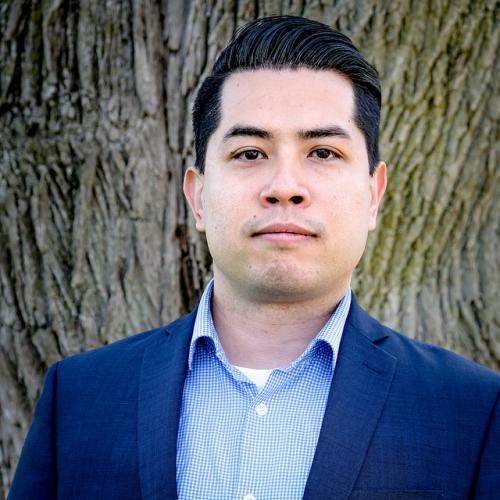Momentum Is Building for More Affordable Prison Communications
Leo Fitzpatrick, Heather Franklin / Apr 7, 2022Leo Fitzpatrick is a policy counsel at Free Press and Free Press Action, where Heather Franklin is a campaign manager.

For far too long, many families across the country have had to choose between putting food on the table and staying in touch with incarcerated loved ones. In fact, the Ella Baker Center for Human Rights found that one in three of those families reported going into debt to pay for calls and visits. Prison-phone rates are astronomical, with a local phone call costing more than $1 a minute in some states.
But on March 22, Congress started down the path to finally providing relief. In a unanimous vote, the Senate Commerce, Science and Transportation Committee advanced the Martha Wright-Reed Just and Reasonable Communications Act of 2021 (S. 1541), which would regulate the predatory prison-phone industry. Given that Congress tends toward partisan deadlock and inaction on way too many issues, this rare show of bipartisan unity is noteworthy.
A version of the bill supported by civil-rights and public-interest advocates — and also by the National Sheriffs’ Association — swept past prior obstacles to prison-phone reform bills and will now progress to the full Senate.
Introduced last year by Sens. Tammy Duckworth (D–Illinois) and Rob Portman (R–Ohio), S. 1541 would restore the Federal Communications Commission's (FCC) authority to regulate all prison and jail calls on a just and reasonable basis. The bill would also give the agency the tools necessary to prevent companies providing communications services to jails and prisons from charging incarcerated people and their loved ones predatory rates and fees.
The current regulatory regime allows the FCC to set caps only for interstate calls — leaving intrastate calls without any federal oversight. And since intrastate calls represent more than 80 percent of calls to and from prisons and jails, the FCC’s caps on prices don’t cover most calls in the United States. This means that a family member calling a loved one incarcerated on the other side of the country may be paying less than someone making a call to a prison located just a short drive away.
Passing the Duckworth bill on the Senate floor is only the next step in making new law. A similar House bill from Rep. Bobby Rush (D–Illinois) differs in its approach somewhat, but reaches the same destination — and restores the FCC’s ability to address these exorbitant prison-phone rates.
How did we get here?
Generally speaking, the prices people pay for phone calls has dropped since 1996, when Congress last overhauled the country’s telecommunications laws and spelled out the relevant authority for calls to incarcerated people, too.
But people who are incarcerated and their loved ones didn’t benefit from this trend. Even as many prisons and jails themselves transitioned to newer and less costly network technologies, the rate of calls to and from incarcerated people ballooned. The explanation for this is simple: greed.
There are several overlapping reasons that this greed has metastasized for so long. First, incarcerated individuals, their families and communities are marginalized in our political systems, in the media and — in the case of those incarcerated — through literal disenfranchisement. And they are forced to compete with the powerful jail and prison communications providers. This is not a fair fight.
Second, the market for communications services for jails and prisons is a failure. A facility will typically contract with a single provider — choosing from a marketplace dominated by only three. Each of these providers then has a monopoly at that facility, forcing people both inside and outside to create an account with that provider to stay in contact. That lets these monopolies lower their own costs while keeping prices high. Low-income households still need to pay their regular phone bills, but also have to load up on additional minutes sold by the prison-phone provider to keep in touch with their incarcerated loved ones.
And as groups like the Prison Policy Initiative have shown, this is an industry that continues to consolidate. It’s a broken marketplace that extracts wealth from disproportionately low-income Black, Brown and Indigenous people — the very communities that can least afford it.
Furthermore, the authorities running the prisons and jails often receive a kickback or cut of the calls’ revenue, which incentivizes them to ink deals with the providers that promise the biggest cut and charge their users the most. This is a phenomenon that touches every aspect of the carceral state. The prison-industrial complex is so lucrative that its profit-seeking has inflated the cost of simple necessities at the commissary to undergird the exploitation of incarcerated individuals’ labor — creating a form of modern-day slavery or indentured servitude. These factors have created a vicious cycle that compounds the rates and fees incarcerated individuals pay for everything, including phone calls. In the case of these phone calls, change began when those impacted by these fees fought back.
Martha Wright-Reed of Washington, D.C., the namesake of both bills, was a grandmother forced to choose between paying basic expenses and keeping in touch with her then-incarcerated grandson. Wright-Reed was blind and could not travel long distances — so phone calls were the primary way she could stay in touch while her grandson was incarcerated out of state. She once estimated spending “almost $1,000 per year on phone calls limited to 15 minutes or less.”
Starting in 2003, she embarked on a decade-plus fight for lower rates at the FCC and in the courts, until her passing in 2015. Her advocacy culminated in the FCC setting interim rate caps and attempting to collect more data from the industry to assess their costs to determine a more permanent just and reasonable rate cap.
But at every turn, the litigious prison-telecom companies challenged the FCC’s authority and data-collection efforts. And in 2016, the U.S. Court of Appeals for the D.C. Circuit struck down the FCC’s ability to regulate intrastate calls and fundamentally undermined other aspects of the agency’s efforts.
Why does this matter?
The abusively high cost of these calls is one of the many ways that the privatized prison-industrial complex harms marginalized communities. The steep cost of staying in touch means that the families of the estimated 2.7 million children with an incarcerated parent have to make impossible financial choices. It also means that an incarcerated person might be unable to maintain regular contact with clergy or legal counsel. And research has shown that those who are able to maintain regular contact with the outside can more successfully transition back into their communities.
Simply lowering prices isn’t the only approach. Groups like Worth Rises are also fighting for free calls, and other advocates are seeking to dismantle the entire carceral state. But passing these bills would chip away at yet one more injustice, one that directly harms incarcerated people and their families.
Passing both of these bills would represent a long-overdue and urgently needed step in the right direction, even as further change is needed. With a new law in place, the FCC could take up its proceedings and ensure that the cost of all calls is just and reasonable.
Authors

